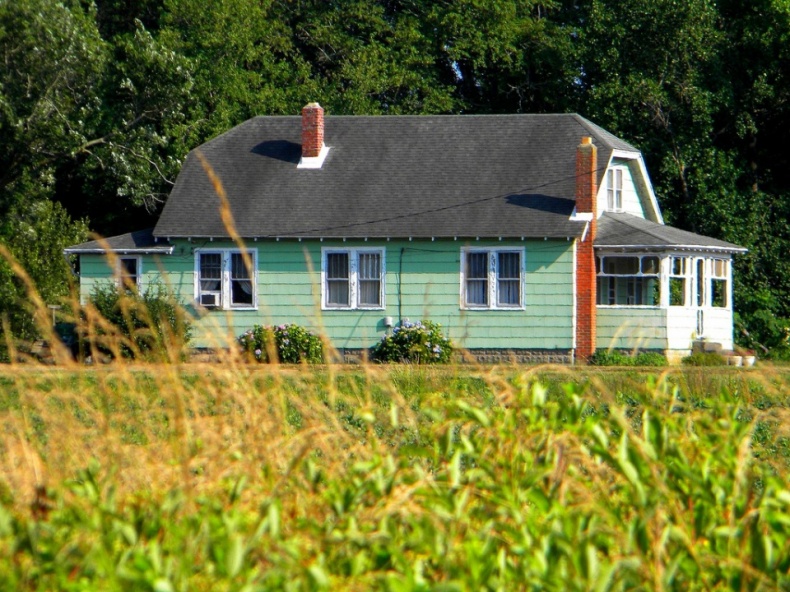
Old House by Lee Cannon
While some buyers prefer investing in brand new houses, others love enjoying the charm and spirit that older buildings exude. Additionally, many people (especially our grandparents!) believe that modern construction standards cannot compete with the old-fashioned craftsmanship and elegance of older architectural designs. While this approach may be right, it's always important not to jump the gun and to make sure that the home of your dreams won't turn into a nightmare within days after the purchase. Keep in mind that buying an old house needs even more attention, and consider some of our recommendations.
What You Can Check Yourself
- Some people say that you should be ready to pay about 1 per cent of the total cost of the house every year to cover the expenditures for the repairs. Don't forget to take that into consideration when thinking about your credit options.
- Consider all the cosmetic renovations. Will the fence need another coating? Is there a solid internet connection or will you have to get a new one? Do you like the current bathroom design? And the ultimate question to ask yourself: do you like the house?
- One of the greatest advantages of an older property is that you buy a mature garden and membership in an established neighbourhood along with your purchase — no reconstruction sites in your surrounding and no waiting for the first cherries or apples from the trees in your garden. However, don't forget to check whether the neighbourhood isn't too mature — you don't want to live on a ghost street!
- How long has the house been on sale? If it's over six months or a year, maybe there is a reason for the delay, and you should pay more attention to what might be wrong.
What a Specialist Should Check
Everything! Hiring a reputable expert who conducts a thorough house inspection is a must once you decide to go for an older building. You certainly won't pity the money spent for the service. A specialist knows what to look for and finds out details you wouldn't notice. Furthermore, a home inspector is able to check the most important things that may need renovation and stay hidden from the non-professionals. Even if you feel like you need no help from professionals whatsoever, you should at least consider inviting someone more skilled to check the parts that can prove most problematic: plumbing, electrical installations, heating facilities, and structure (floor/ceiling/roof joists, foundation, et cetera) to spare yourself unpleasant surprises in the future.


